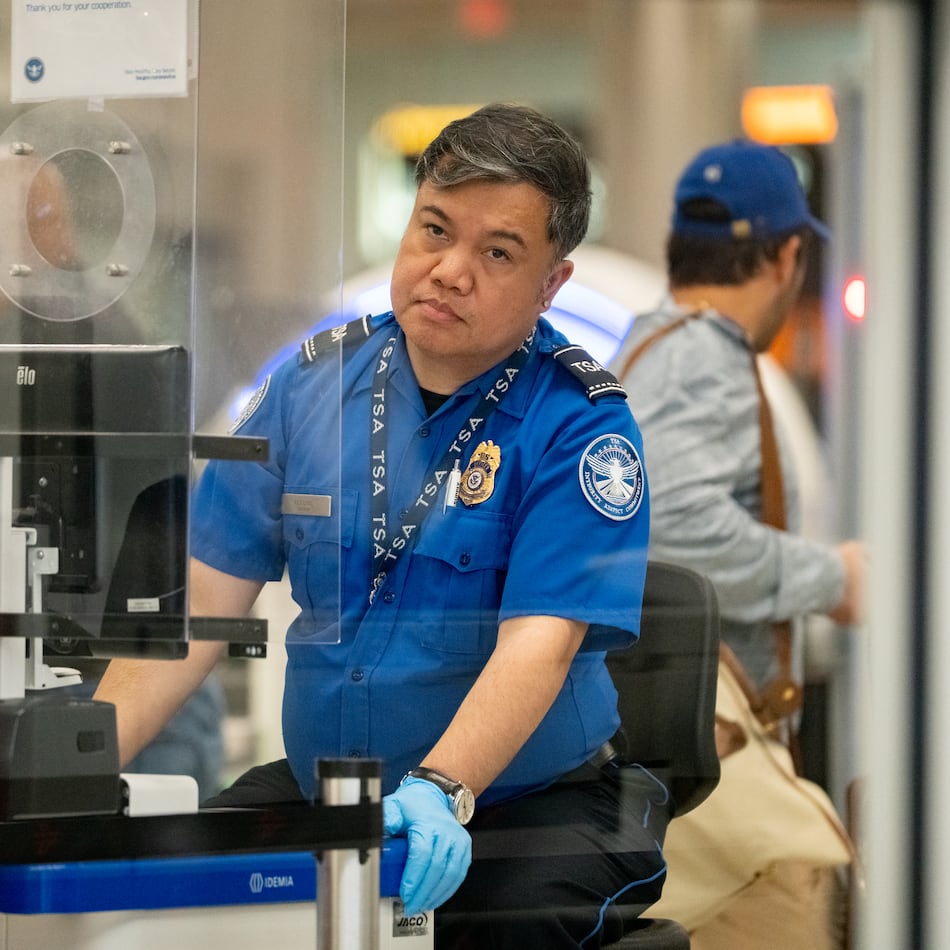A reprieve for lawyers whose active-duty military spouses are stationed in Georgia has been granted by the state’s highest court, allowing them to practice law in the Peach State without sitting the Georgia bar exam.
Georgia Supreme Court Chief Justice Michael P. Boggs announced the change Thursday as a permanent revision to Georgia’s rules for provisional admission to the practice of law. He said it is geared toward helping military spouses who are already licensed to practice law in another state.
“This Veterans Day, as we honor those who have served and are currently serving our nation, I’m pleased on behalf of the [Georgia] Supreme Court to announce updates to the provisional admission rules that will offer greater certainty to spouses of active-duty military service members and save them considerable time and money as they continue their legal careers,” Justice Boggs said in a press release.
The move was recommended by a task force established in March 2021 by Justice Boggs’ predecessor, Harold D. Melton, to evaluate the requirements in Georgia for admission to practice law and to explore certain alternatives for those requirements.
The Georgia Lawyer Competency Task Force submitted its final report to the court in March 2023, including the suggested allowance for lawyers whose spouses are active-duty service members of the United States Uniformed Services assigned to a post in Georgia.
Those attorneys will be able to obtain a provisional license to practice law in Georgia without having to sit the state’s bar exam, subject to certain conditions. Attorneys already denied admission to practice law in Georgia or subject to disciplinary proceedings in other states won’t be eligible.
The rule change goes into effect on Jan. 1, 2024.
Justice Boggs told the Atlanta Journal-Constitution that lawyers practicing under the provisional admission rules must register with the State Bar of Georgia and are bound by the ethical and professional standards applicable to all active members of the bar.
“The only exception is that their license will expire upon the occurrence of any of several events, primarily if their spouse ceases to be an active-duty service member of the Uniformed Services, or if the spouse is reassigned to a permanent duty station in the United States but outside of Georgia,” he said.
The rule change will apply to attorney spouses of those serving in the U.S. Army, Navy, Air Force, Marine Corps, Space Force and Coast Guard, as well as the commissioned corps of the Public Health Service and National Oceanic and Atmospheric Administration.
Harold Heck, an adjunct professor at Mercer University School of Law, said that because service members are often not given a choice about where they are stationed, their spouses often face difficulty establishing their careers.
“Military couples in these situations often must choose to live apart or for one of them to give up their career path,” he said in the press release issued by the Georgia Supreme Court.
Heck, who served two years in the U.S. Navy and has been a licensed attorney in Georgia since 2014, is a bar preparation specialist at the law school. He said the new provisional admission rules for Georgia-based military spouses will make it much easier for military couples to stay in their professions.
“The spouses who are lawyers can get to work much faster, without having to go through a new testing process after moving to Georgia,” he said.
In its report, the Georgia Lawyer Competency Task Force noted that Georgia hosts several large military installations and “has a special obligation to accommodate the needs of military personnel and their families.”
The task force said many military-spouse lawyers cannot satisfy all of Georgia’s existing requirements for admission to practice law without examination, particularly the need to have practiced law for five of the past seven years. Those lawyers, upon their spouses’ assignment to Georgia, have had to either apply to take the state’s bar exam or to seek a waiver of the requirements for admission, which comes with “a great deal of uncertainty” for applicants, the task force stated.
“Although that uncertainty may be justifiable and even necessary in some contexts, we think the process for military-spouse lawyers should be more predictable,” the task force said in its report.
The task force based its recommendation in part on rules proposed by the Military Spouse J.D. Network Foundation, a charitable organization supporting the legal careers of those married to service members. It noted that several other states have adopted similar accommodations for military-spouse lawyers, including Florida, California, Illinois, New Jersey, Ohio, Pennsylvania, South Carolina, Texas and Virginia.
About the Author
The Latest
Featured

